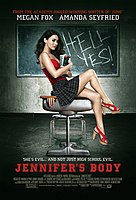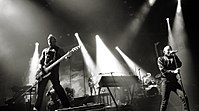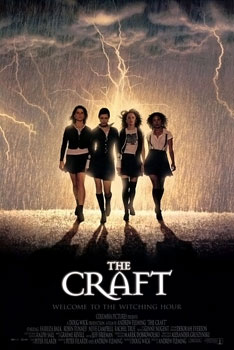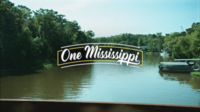Lists
















32 Movies, 28 Music Artists, 7 Books, 4 Shows
growing up an outsider in 90's/y2k
Sort by:
Recent Desc
Liked by
More lists by druidkin



fresh, new, and interesting
haven't seen all these yet, maybe some stuff that isn't even out yet?
January 2023
4
@myimaginaryband



unwatched comedy series
List includes: Arrested Development, Extras, Better Off Ted
January 2023
1
@myimaginaryband



winter
List includes: The Holiday, About a Boy, Elf
December 2022
0
@myimaginaryband



🍂fall🍁vibes🍂
List includes: Coraline, Jennifer's Body, True Blood
September 2022
0
@myimaginaryband



favorite things
List includes: Tool, Linkin Park, Bright Eyes
August 2022
0
@myimaginaryband



💜Bisexual characters🏳️🌈
List includes: Rent, skins, United States of Tara
August 2022
2
@myimaginaryband



Underrated gems
List includes: Pushing Daisies, Idiocracy, Mad Men
June 2022
4
@myimaginaryband



girl gangs and duos
List includes: The House Bunny, Gossip Girl, The Craft
June 2022
1
@myimaginaryband



all about being a comedian
List includes: Hacks, One Mississippi, I'm Dying Up Here
June 2022
0
@myimaginaryband